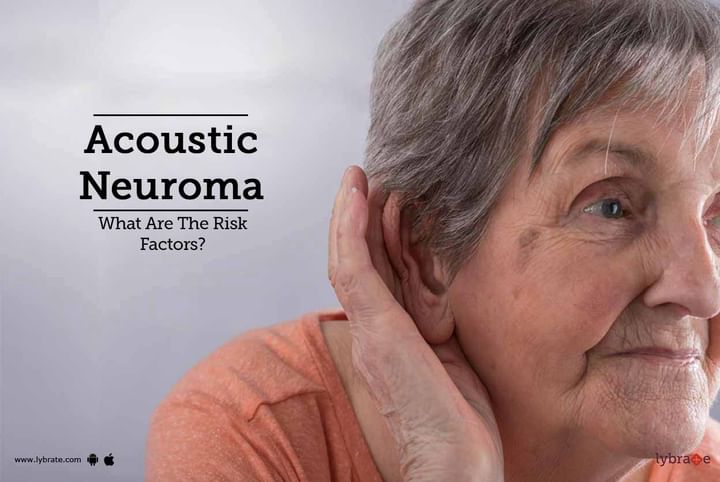Acoustic Neuroma - What Are The Risk Factors?
Acoustic neuroma is the development of noncancerous and slow-growing tumors on the main, vestibular nerve that travels from the inner ear to the brain, connecting the two organs. They are also known as vestibular schwannoma, as it arises from Schwann cells covering the vestibular nerve. It rarely grows rapidly or attains a large enough size that can press against the brain and interfere with the vital functions of the brain. Since the tumor is benign, the patient can be assured that it won’t spread to the other parts of the body; however, they can grow large enough to disrupt the normal function of the body.
The pressure from the acoustic neuroma on the main nerve can cause loss of hearing, a constant ringing in the ear and unsteadiness. As per a report published by the Acoustic Neuroma Association, 1 out of every 50,000 people suffers from this condition.
Risk factors for acoustic neuroma
Acoustic neuroma does not have quite as many risk factors. The only established risk factor for acoustic neuroma is having a parent who suffers from the rare genetic disorder neurofibromatosis 2 (NF2). However, having said that, neurofibromatosis 2 (NF2) accounts for only 5 percent of the reported cases. In most of the cases, it has been found that the tumors appear spontaneously without any indication of a family member having this disease or any medical history of the same.
The development of noncancerous tumors on the ear nerves as well as other nerves in the body is scientifically supported as a characteristic indication of neurofibromatosis 2 (NF2). Neurofibromatosis 2 (NF2) is also termed as an autosomal dominant disorder, which indicates that the mutated gene can pass from just one parent. Each of the children has a fifty-fifty chance of inheriting the disease.
However, scientists and doctors have failed to identify why specific people get these tumors. They have reached a generic conclusion about the risk factors, which may include:
- Loud noises near the ear.
- A parathyroid neuroma, which is a similar benign tumor of the thyroid.
- A chance of exposure to low levels of radiation in the childhood.
How to diagnose the risk factors for acoustic neuroma?
If you are experiencing loss of hearing or other neurological symptoms, try to keep track of them. Later on, mention them to your doctor for a proper diagnosis. A detailed history of the symptoms will help your doctor. Your doctor will perform a hearing test to check whether you have an acoustic neuroma. Then the doctor may perform a brainstem auditory evoked response tests along with an electronystagmography to detect any changes in eye movement, caused due to the inner ear. MRI and CT scans are also quite common diagnoses methods for acoustic neuroma.



+1.svg)
